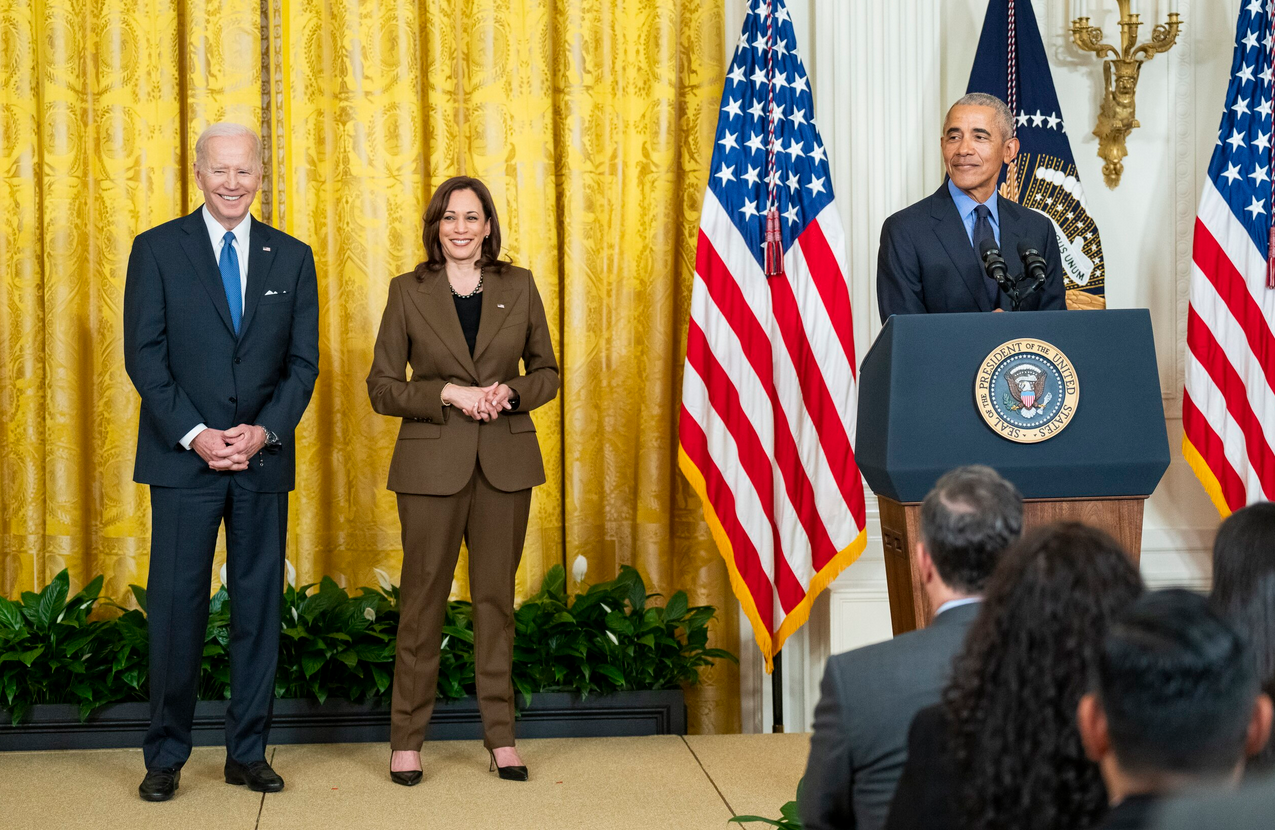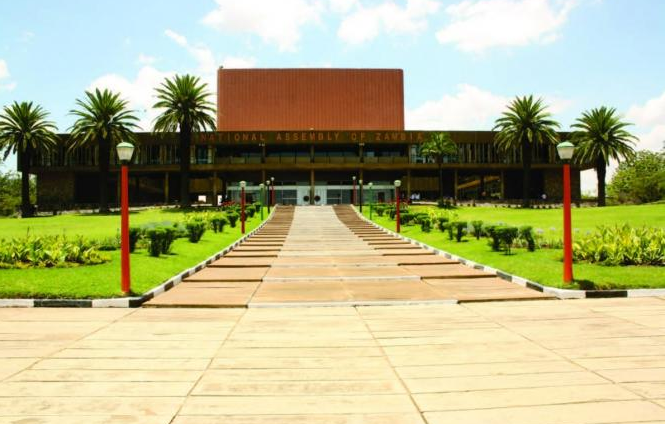Las Vegas Sands is reassessing its ambitious $6 billion Casino Developments in New York’s Long Island. The company’s CEO, Rob Goldstein has expressed some reservations about the project. He claimed that the potential legalization of online gambling in New York is a significant factor that could potentially impact the viability of its physical casinos.
Online gambling has seen significant growth in several states where it is legal, including New Jersey and Michigan. The increasing popularity of online gambling is driven by changing consumer preferences. Some of the best online casino platforms cater to players looking for convenience and greater accessibility through mobile gaming. Mobile casinos provide the same gambling options, including slots, poker, and live dealer games. Slots alone generated $3.3 billion in player spending just last year. It’s the interactive gaming experiences that drive engagement that is fueling online casino success.
The Issue Casino Developments in New York
Las Vegas Sands has shown an interest in setting up operations in New York state looking at their plans to build a $9 billion casino resort on Long Island. However; new trends in online gambling, particularly the impact of regulated mobile casinos on land-based casino revenue, have prompted the company to reevaluate its stance.
During the third quarter earnings call at the Sands Corporations meeting, Rob Goldstein expressed his concerns about investing in a project that requires a lot of capital while considering the possibility of New York approving its iGaming legislation by 2026. This prolonged process of deciding on licenses for casinos in New York has created more uncertainty for the company.
While he has some concerns about it all he still believes that Sands is keen on the New York market. Goldstein says that the company hasn’t completely given up on its plans for New York and is still very much “engaged in the whole situation.”
The Online Gambling Threat
Las Vegas Sands is more concerned with how the legalization of mobile casinos impacts on physical casino’s revenue. His concern is valid given the significant increase in online gambling revenue seen in states like New Jersey, Pennsylvania, and Michigan where the iGaming market is regulated.
Goldstein mentioned New Jersey’s revenue from online gambling and how it’s quickly catching up to that of traditional casinos. Atlantic City casinos made $230 million in gaming revenue in September, while the online casinos in the state brought in a record $208 million. This trend of the gap closing between brick-and-mortar casino revenues is something Goldstein thinks should not be overlooked when considering investment decisions.
The company’s cautious approach to online gambling is not new. Under the leadership of its founder, Sheldon Adelson, Las Vegas Sands was known for its rather strict opposition to online gambling. However, the growth of online gambling is forcing the company to reassess its strategy.
Singapore Expansion
While the company struggles with the potential challenges in New York, the company recently unveiled plans for a massive $8 billion investment in Singapore. The expanded resort is named the Marina Bay Sands IR2. Construction on this project is set to begin in June 2025, with Las Vegas Sands executives estimating the opening date of January 1, 2031.
The expanded resort will feature new gaming areas, including a main casino floor, 110,000 square feet of MICE (Meetings, Incentives, Conferences, ad Exhibitions) space, and a 15,000-seat arena. Executives are relatively confident that this expansion will boost Singapore’s tourism market and generate substantial revenue for the company.








